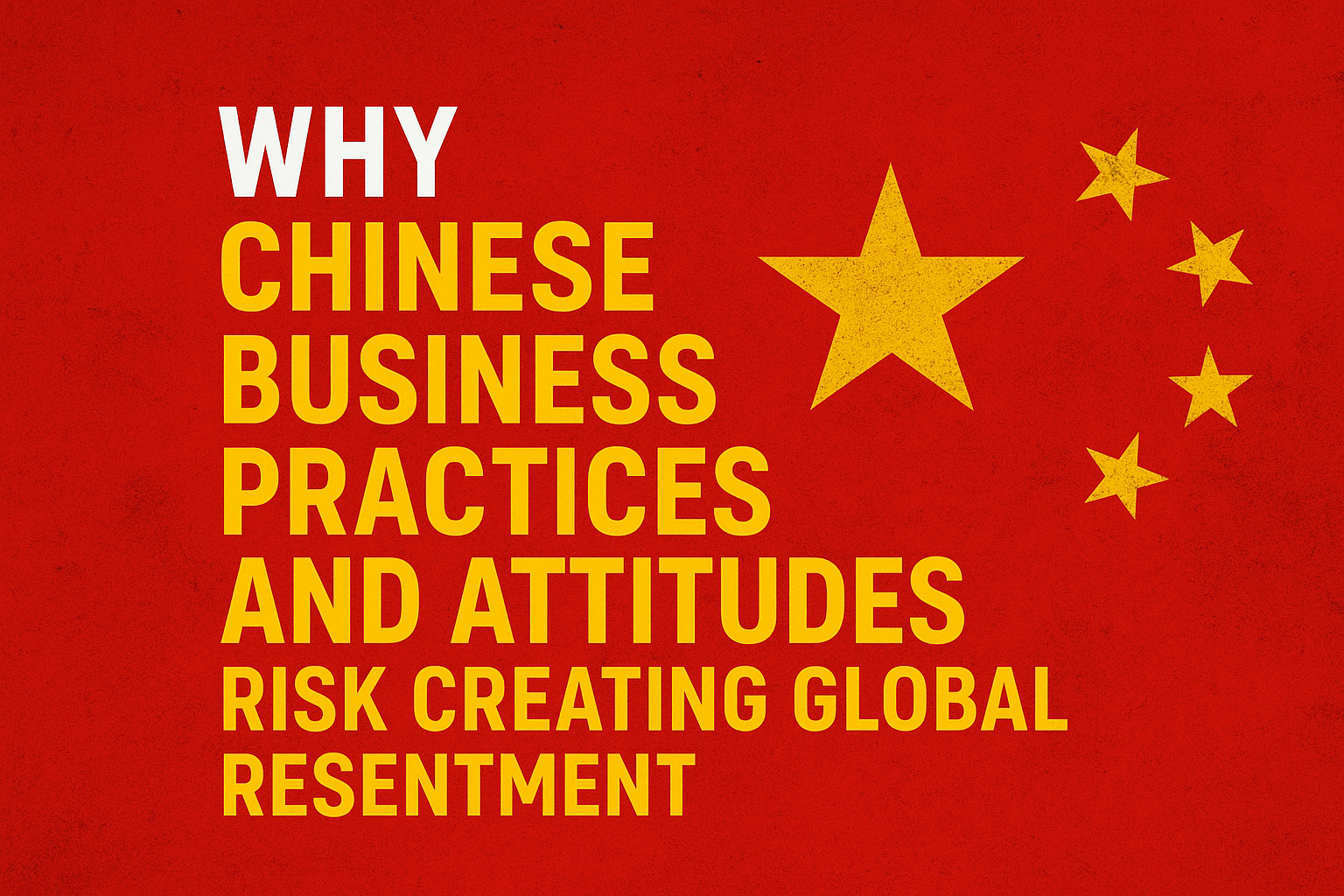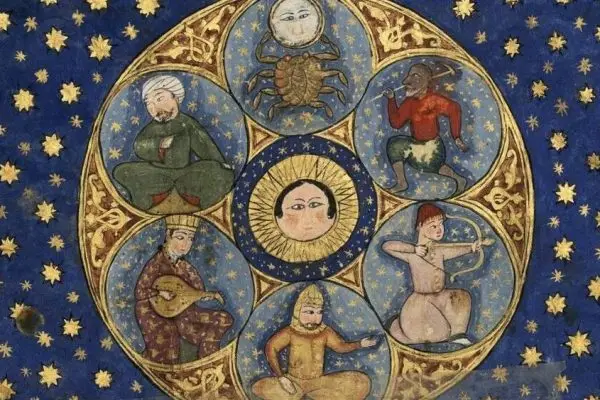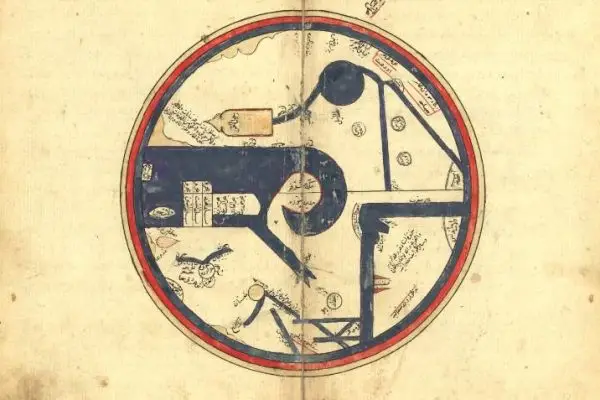
The Future of YouTube and YouTubers: Navigating Technological Advancements and Evolving Trends
The future of YouTube and its creators is set to be transformed by technological advancements such as AI, VR, and 5G, alongside evolving content trends including niche, educational, and short-form videos. As YouTube adapts to these changes, creators will face both opportunities and challenges in monetization, platform competition, content regulation, and mental health. This dynamic landscape will see YouTube expanding its social impact, global reach, and accessibility, ultimately reshaping how content is created and consumed. Embracing these innovations will be key for YouTube and its creators to thrive in the ever-evolving digital era.












